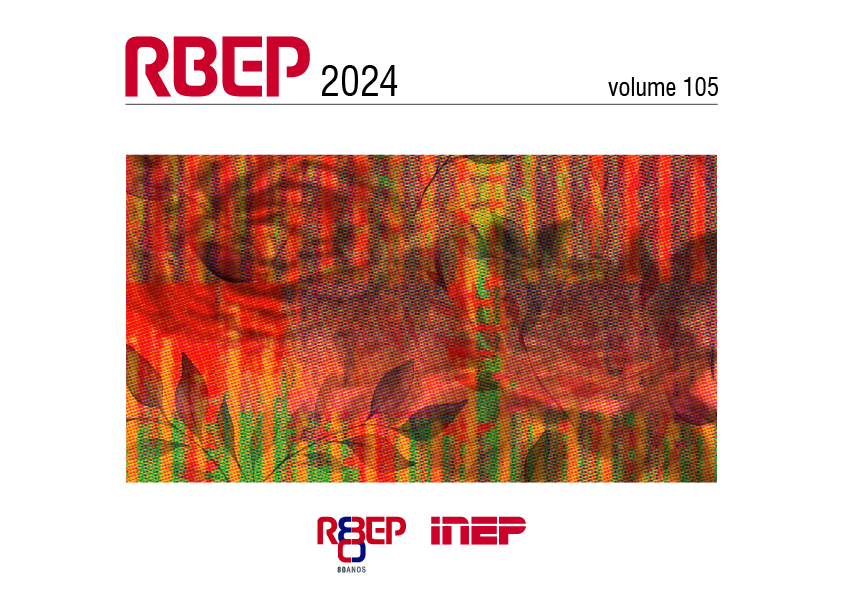The idea of affection in philosophy and education
Abstract
In the educational context, affection is an essential part of human development. We consider the possibility of recovering the connotation of affection as a premise, which plays a fundamental role in the integral development of the person. The focus of this study is to establish an understanding of affection from Dietrich von Hildebrand's perspective in the context of the philosophy of education. Using Ricoeur's hermeneutic theory of interpretation as methodology, the text is divided into three main sections which analyze the idea of affection in philosophy and its educational implications: 1. Ideas regarding affection in the field of philosophy of education; 2. The role of affection in integral education; and 3. The nature and concept of affection: ethical implications for education. We propose a recovery of the concept of affection in human upbringing and its inclusive part in connecting with the dimensions of reason and will. It is argued that affection is related to the basic elements of a human being. The conclusion is that affection must be assimilated and worked within the context of education, insofar as it is an elementary dimension in the life of a human being, since cognition would not be possible, and intelligence would operate poorly without it.
Downloads
Copyright (c) 2024 Brazilian Journal of Pedagogical Studies

This work is licensed under a Creative Commons Attribution 4.0 International License.
Once their work is accepted for publication, author’s copyrights are automatically relinquished to the National Institute for Educational Studies and Research Anísio Teixeira (Inep).
Since 2016, the journal Revista Brasileira de Estudos Pedagógicos (RBEP) uses the licence CC-BY.
Partial or total reproduction of the content of this Journal is permitted provided that the original publication is properly referenced, as well as a link to license CC BY 4.0 and to indicate any possible alterations made to the article.




















